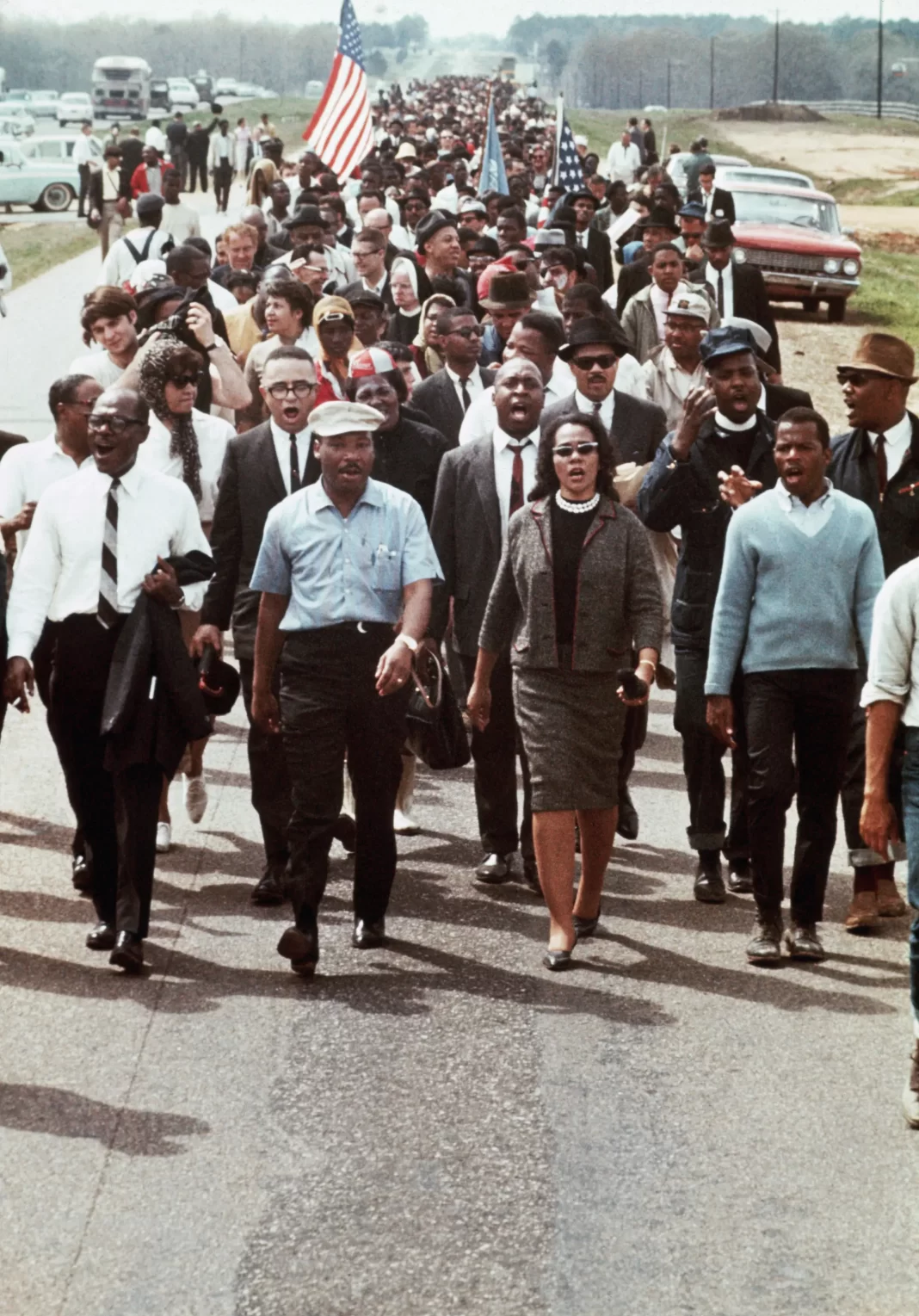Martin Luther King Jr. Day, observed on the third Monday of January each year, is a federal holiday that celebrates the life and legacy of one of the most prominent leaders in the fight for racial equality in the United States. Although it is now a time for service, remembrance, and community, the journey to establishing this holiday was a long and challenging one.
The Start of the Movement for MLK Day
The idea of creating a national holiday in honor of Martin Luther King Jr. came just days after his tragic assassination in 1968. U.S. Representative John Conyers, a longtime advocate for civil rights, introduced legislation to create the holiday four days after King’s death. However, it was no easy task. Even before his assassination, King was a divisive figure for many Americans, with his outspoken views on poverty, housing inequality, and the Vietnam War making him a target for criticism.
Despite the resistance, Conyers and the Congressional Black Caucus continued to push for the holiday for years. The efforts were further bolstered by the tireless lobbying of Coretta Scott King, Martin Luther King’s widow, and even musicians like Stevie Wonder, who released the song “Happy Birthday” to rally support.
Challenges and Resistance
In the years following the proposal, there was significant opposition, particularly from Republican lawmakers and other critics. They argued that a national holiday for King was unnecessary, claiming that he was a communist or questioning his personal life. Public opinion was also divided, with many still viewing King as a radical figure. However, by the early 1980s, the social climate in the U.S. began to shift, and there was greater reflection on racial progress and growing disillusionment with the Vietnam War.
In 1983, after nearly two decades of advocacy, President Ronald Reagan signed the legislation creating Martin Luther King Jr. Day. However, not all states immediately accepted the holiday. Arizona, for example, rescinded its decision to recognize the holiday, prompting a public outcry. It took a movement of protests, boycotts, and public pressure, including the withdrawal of major events like the Super Bowl, before Arizona reinstated the holiday in 1992.
The Final Holdouts and Broader Acceptance
The fight for recognition continued, with South Carolina remaining the final state to officially observe the holiday in 2000. However, this recognition came with a controversial condition — the state also observed Confederate Memorial Day. This decision led civil rights groups to withhold their support.
Despite these setbacks, the holiday eventually became widely accepted across the country. It was not just a day to celebrate King’s achievements but also a day of reflection and action.
The Evolution of the Holiday: A “Day On, Not a Day Off”
In 1994, the holiday took on an even greater significance when President Bill Clinton signed a law making Martin Luther King Jr. Day a National Day of Service. This initiative, spearheaded by Congressman John Lewis and Senator Harris Wofford, encouraged Americans to volunteer and give back to their communities, reflecting King’s commitment to service and justice.
Today, Martin Luther King Jr. Day is a day not only for remembrance but also for action. Across the U.S., communities participate in a wide range of service projects, from food drives and community clean-ups to volunteering with local charities. AmeriCorps, the federal agency that mobilizes volunteers, has supported numerous initiatives, funding thousands of projects across the nation.
Continuing the Legacy of Service
Rev. Bernice King, Martin Luther King’s daughter and CEO of the King Center, has expressed that the holiday should be a reminder for people to engage in service year-round, not just on the designated day. She believes that while quoting King’s words is important, it is the daily commitment to his values — including nonviolence and justice — that will have a lasting impact.
In a similar vein, scholars like Dr. Lerone Martin, director of the Martin Luther King Jr. Research and Education Institute at Stanford University, emphasize the importance of understanding King’s life and writings. He encourages people to engage with King’s ideas, such as his famous “Letter from Birmingham Jail,” and reflect on how they can continue to live out his principles in their own lives.
Conclusion
Martin Luther King Jr. Day has evolved from a symbol of struggle and resistance to a day of national reflection and service. The holiday not only commemorates the life and achievements of Dr. King but also calls on Americans to live out his vision of equality, justice, and nonviolent change. While the road to making this day a national holiday was long and fraught with challenges, its establishment marked a pivotal moment in U.S. history — and it continues to inspire people across the country to take action toward a more just society.



